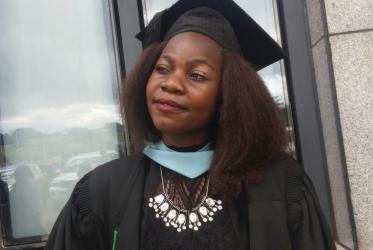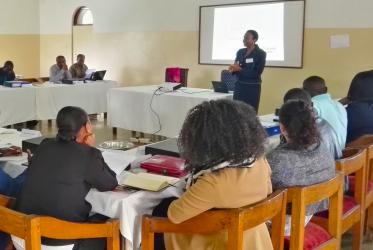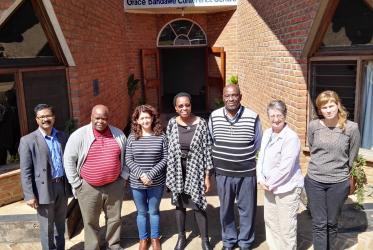Displaying 1 - 20 of 32
29 March 2023
WCC condemns massacre of farmers in Philippines
12 April 2019
All pilgrim routes lead to COP24
11 December 2018
#WCC70: A prayer about health and healing
20 July 2018
African youth takes stand at first ever WCC Eco-School
03 August 2017
“Do you know where to search for your lost child?”
18 July 2017
Applications open for WCC Eco-School
10 May 2017
“Overcoming economic injustice” vision of WCC’s Athena Peralta
23 February 2017
New videos help congregations hasten HIV response
20 October 2016
Voices from HIV workshop reflect deep impact
07 April 2016












